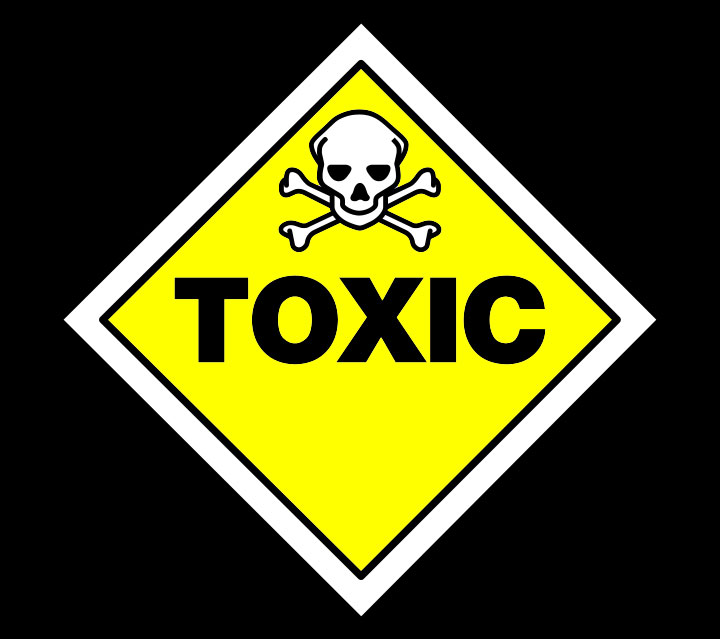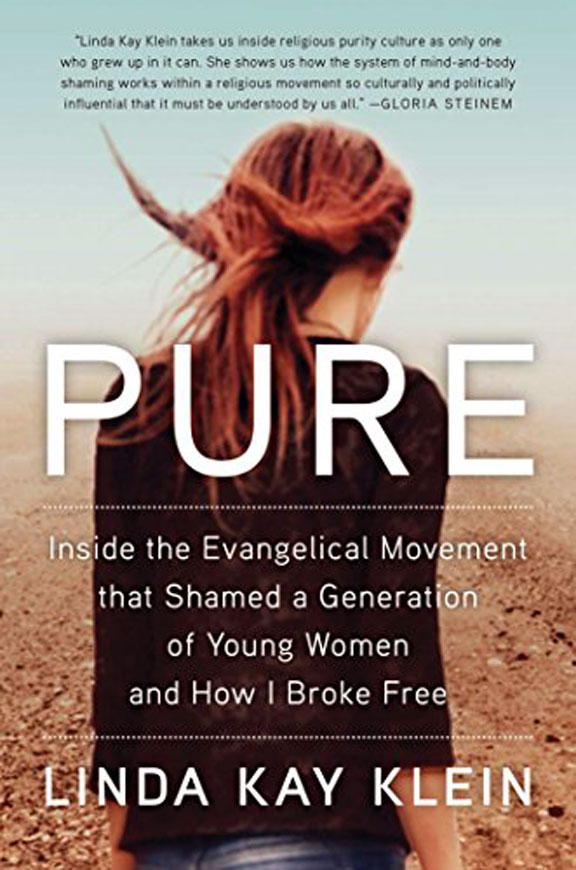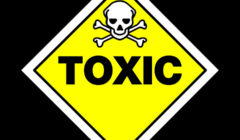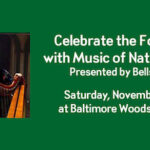Snowflakes in the Sun
The Oxford English Dictionary recently announced its selection of toxic as THE word of 2018.  Oxford’s Online English Dictionary defines toxic as “poisonous” as in, much public discourse has become toxic. Other words in close contention for the honor were gaslighting, defined as the “action of manipulating someone psychologically into accepting a false depiction of reality or doubting their own sanity,” and incel, short for “involuntary celibate.” Incel is a new word. Oxford defines incels as “young men who consider themselves unable to attract women sexually who typically hold views that are hostile toward men and women who are sexually active.” Supposedly, incel rage prompted a member of the Canadian incel community to drive into a crowd of pedestrians in Toronto last April.
Oxford’s Online English Dictionary defines toxic as “poisonous” as in, much public discourse has become toxic. Other words in close contention for the honor were gaslighting, defined as the “action of manipulating someone psychologically into accepting a false depiction of reality or doubting their own sanity,” and incel, short for “involuntary celibate.” Incel is a new word. Oxford defines incels as “young men who consider themselves unable to attract women sexually who typically hold views that are hostile toward men and women who are sexually active.” Supposedly, incel rage prompted a member of the Canadian incel community to drive into a crowd of pedestrians in Toronto last April.
The online Oxford English Dictionary defines each of the above words and uses each of them in a sentence. I’ve constructed this sentence: Many males and females have been gaslighted through ideology, culture, and toxic sexualizing media, into seeing people as objects, giving rise to extremist thinking such as today’s purity and incel movements.
Sometimes the edges pull at the middle.
 In her 2018 book, “Pure – Inside the Evangelical Movement that Shamed a Generation of Young Women and How I Broke Free,” Linda Kay Klein describes hearing that girls’ bodies are like chewing gum: worthless after one use. Taught not to discuss her body and any physical ills, Ms. Klein grew up believing that wanting to feel happy and physically good was inherently bad, while physical suffering and feeling bad was somehow good. The evangelical purity movement does not operate alone. “The Dark Box – A Secret History of Confession,” by John Cornwell, discusses how generations of young celibate seminarians, studying in closed communities and settings, learned how to guide and judge the physical and moral purity of the boys, girls and families under their clerical authority.
In her 2018 book, “Pure – Inside the Evangelical Movement that Shamed a Generation of Young Women and How I Broke Free,” Linda Kay Klein describes hearing that girls’ bodies are like chewing gum: worthless after one use. Taught not to discuss her body and any physical ills, Ms. Klein grew up believing that wanting to feel happy and physically good was inherently bad, while physical suffering and feeling bad was somehow good. The evangelical purity movement does not operate alone. “The Dark Box – A Secret History of Confession,” by John Cornwell, discusses how generations of young celibate seminarians, studying in closed communities and settings, learned how to guide and judge the physical and moral purity of the boys, girls and families under their clerical authority.
Spreading the word, whatever that word may be, results in culture clash.
In the 1997 film, “The Education of Little Tree,” a Cherokee boy required to attend a religious residential school to be “Americanized,” is asked to describe a painting of two deer walking in the woods. Little Tree points out that he sees a male deer, a buck, approaching a female, a doe, probably to jump and mount her. Little Tree’s clear, concise, values free observation, in the context of a strict Christian school, is politically incorrect, and the authorities punish Little Tree for his assessment. Judging words as politically incorrect is often associated with left-leaning groups. The fact is, standards of political correctness reflect acceptable speech as defined by the most dominant and powerful group in the immediate and/or general vicinity.
Different groups – different standards.
I am writing, or rather, rewriting, this article on Thanksgiving, a holiday not celebrated worldwide. Our close neighbor Canada celebrates Thanksgiving on the date New Yorkers celebrate Columbus Day, the holiday the newly elected Bronx/Queens US Congressional Representative Alexandria Ocasio-Cortez wants the US government to replace with a national voting holiday. Perceptions change. I used to believe that the greeting “Happy Holidays” encompassed all the end of this year/beginning of the next year celebrations being celebrated. Close to Thanksgiving, “Happy Holidays” served as shorthand for “Merry Christmas” and “Happy New Year,” and could include “Happy Hanukkah” where needed.

In some circles, people feel that acknowledging other peoples’ holidays constitutes a war on Christmas. Truly, the first ideological attack on Christmas I personally experienced occurred in a biblical, literalist, evangelical fellowship where members told me that the Christmas holiday was the devil’s cover for pagan solstice decadence. At that time, I’d been trying to find and heal myself on one of the several spiritual and ideological paths I’ve explored. As fate would have it, I was also studying creation myths in a night class at Syracuse University. My diverging pursuits caused me some cognitive dissonance.
Cognitive dissonance is the mental stress or discomfort experienced when one encounters and is forced to consider two or more contradictory beliefs, ideas, or values at the same time. To get through cognitive dissonance, beliefs and perception must change with observation and information.
How we understand language changes.
The word snowflake, both the word for a meteorological phenomenon and a metaphor for individuality in creation, is now used as a slur. According to one science website, the truth about snowflakes is this: “to have two snow crystals or flakes with the same history of development is virtually impossible, so, basically, it’s true that no two snowflakes are alike, but also true that two snowflakes could be alike, if they were nanocrystals with no differences in development.”

Most of us like be feel valued and respected as individuals, so, metaphorically speaking, most of us are snowflakes under the sun. And, no matter how we greet one another this holiday season, in our part of planet earth, after the winter solstice, the daylight portion of our 24- hour cycles will last longer.
Observable fact.
Peace.











